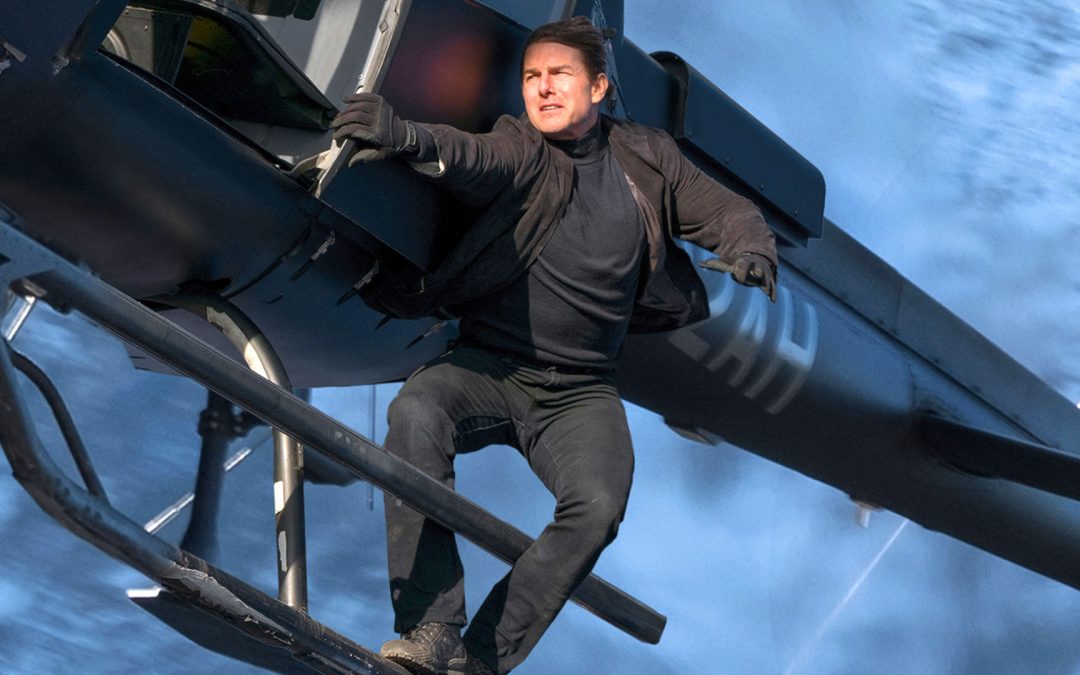The Mission: Impossible franchise has, against all odds, long bucked the trend of diminishing returns for movie sequels (both critically and commercially). In fact, ever since JJ Abrams took over the reins with 2006’s M:I-3, the series has quietly gone from strength to strength – from Brad Bird’s Ghost Protocol to Christopher McQuarrie’s Rogue Nation, expectations have been defied with each new instalment.
Even so, the success of this summer’s Fallout – the sixth mission for Tom Cruise’s beleaguered IMF agent Ethan Hunt – took everyone by surprise.
It’s one thing for a fifth sequel to a 22-year-old movie based on a TV show to feel as fresh, accomplished and satisfying as Fallout – arguably the best entry in the franchise so far. It’s another thing for it to perform so well commercially, too – not only is Fallout the highest-grossing Mission: Impossible film, it’s also the 56-year-old Cruise’s biggest-ever hit, raking in nearly $800 million at the worldwide box office.
But Fallout’s biggest achievement has nothing to do with franchise statistics. Simply put, it is a stunning example of an action movie in its own right – one of the best of the last decade at least, standing tall against recent genre titans like Mad Max: Fury Road. And for movie number six, that’s no mean feat.
The stunt-loving Cruise seems to have found a kindred spirit in McQuarrie, who returns to direct the spectacularly controlled chaos with aplomb – along with an in-camera technical nous and a merciful sense of clarity. This is the pair’s third collaboration as director/star (after Jack Reacher and Rogue Nation) and it shows – they are clearly comfortable enough in each other’s company to push the onscreen carnage even further than before.
Following on more directly from its predecessor than any of the other M:I chapters, Fallout carries over Rogue Nation’s best elements (namely, Rebecca Ferguson’s complex, kick-ass British agent Ilsa Faust and Sean Harris’ creepy, mumbling villain Solomon Kane), adds in Henry Cavill’s deliciously smarmy CIA agent (moustache and all) and then cranks the action dial up to 11.
Yes, it may be a tad overindulgent (clocking in at a potentially bum-numbing 147 minutes), but McQuarrie has a masterful handle on pace and tone, effortlessly flitting from humour to suspense to twisty-turny exposition.
What really makes Fallout tick, though, is its bombastic set-pieces. From the bruising bathroom punch-up to the breakneck, Cruise-injuring pursuit across London’s rooftops; from the thrilling Paris convoy heist to the unapologetically grandiose helicopter chase through the Himalayas… Talk about bang for your buck.
Like Fury Road, the action is balletically choreographed, largely speech free and soundtracked by a thunderously effective score (here thanks to composer Lorne Balfe), letting the imagery speak for itself. It’s big, bold and loaded with tension, successfully walking the plausibility tightrope and grounded by a magnificent turn from Cruise, whose boundless enthusiasm and death-defying commitment jump off the screen.
In resolving most of the franchise’s hanging plot threads, Fallout certainly feels like it could serve as a series end-point – and if that is the case, it would be going out on a jaw-dropping high. But McQuarrie has said that Crusie already has “a lot of really big ideas” for a potential seventh instalment. Based on the strength of this mission, they’d have a lot to live up to.

